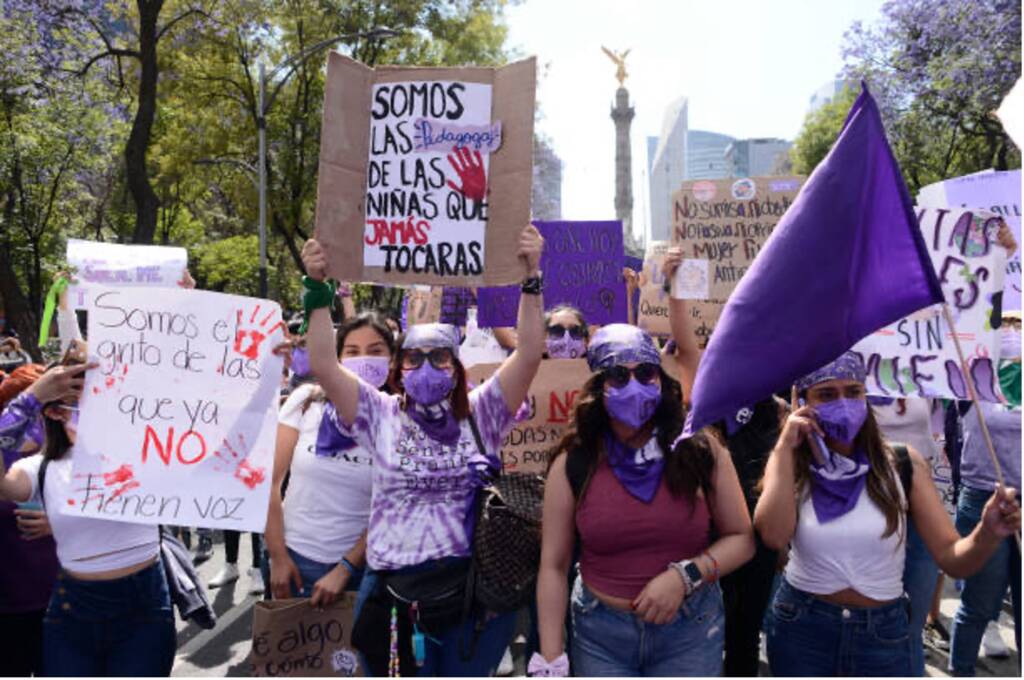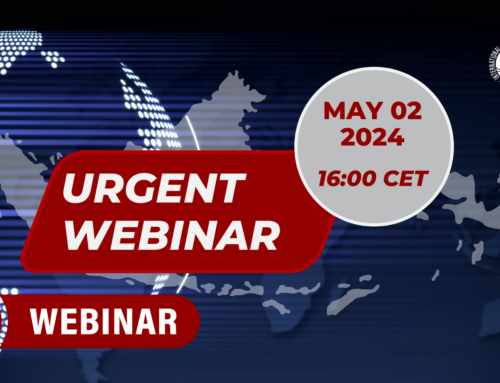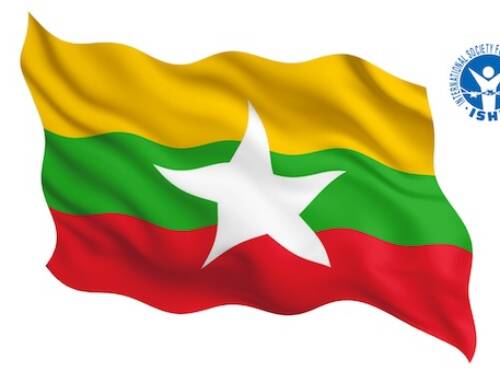Mexico

The fight against women’s insecurity in Mexico is a perpetual struggle
Women’s rights continue to be violated in Mexico, which is experiencing an upsurge in human trafficking and femicide
Olga Sanchez, a former judge of the Mexican Supreme Court, stated in an interview with Le Monde (a French newspaper) that “Mexico, whose culture is rather archaic on this issue, has changed. It became normal for women to lead,” adding, “But for violence, we have not moved forward. This is the paradox of Mexico: women can study, even become presidents, but their lives can be abruptly interrupted because they have no right to security.”
Here is the sad observation of a country bruised by the insecurity of women, whose ISHR deplores the worsening of the situation. This insecurity takes the form of the “tratas de blancas” (literally “white women trafficking”) and femicides.
In this context, repeated violations of the inalienable right to life and security have been identified in Mexico.

MEXICO CITY, MEXICO – MARCH 8, 2022: People attend an International Women’s Day demonstration against gender-based violence and femicide, on March 8, 2022 in Mexico City, Mexico.
“La trata de blancas”
According to the Mexican government, ‘trata de blancas’ comes from world wars in which white women were sold as concubines or sex slaves in prostitution networks. This crime extends to the commercialization not only of all women but also of girls, boys, and adolescents.
Although the terminology has changed to “human trafficking for the purpose of sexual exploitation,” the term “tratas de blancas” remains widely used in the Latin American society.
Human trafficking for the purpose of sexual exploitation is a crime of human rights violations that affects thousands of people worldwide every day. Mexico is one of the most important countries of origin, transit, and destination for victims of sexual exploitation.
A trend has shown an increase in trafficking cases since COVID. From January to June 2023, no fewer than 488 cases were identified, 213 of which were minor, according to the Executive Secretariat of the national public security system. Mexico therefore ranks in the sad podium of countries with the highest number of cases of sexual exploitation and begging of minors after Thailand and Cambodia.
ISHR recalls and denounces that this is explained by the lack of state will to fight intensively against human trafficking. The trafficking of white people therefore turns out to be a sadly profitable market operating mainly on the border with the United States and operating through criminal organizations such as «cartels» or other smaller criminal groups.
Women are the first to be affected in the streets, in their daily lives, or in their migratory journey. Indeed, more than 80% of women from Latin America who take the road to exile are raped during their journey, recalls sociologist Smaïn Laacher in a column at «Le Monde».
Femicides
As for femicide, ISHR denounces equally alarming figures. There are an average of 3,000 women killed per year. According to Edith Olivares, director of Amnesty Mexico, 10 women are murdered every day in Mexico.
This is made possible in particular by the government’s inaction in its fight against violence against women, whose public authorities neglect women’s rights in investigations into femicide. The families of the victims are forced to conduct their own investigations to obtain justice.
Beyond feminicides, 38.7% of Mexican women over the age of 15 have been victims of sexual violence, according to the National Institute of Statistics (INEGI). Impunity reigns: only 7% of gender offenses are investigated.
Many social movements and NGOs, including ISHR, denounce the government’s inaction in the face of this “humanitarian crisis”, as highlighted in the media by Arussi Unda, spokesperson for the feminist collective Las Brujas del Mar (the «witches of the sea»).
Despite some legislative and social advances, women in Mexico remain in permanent insecurity. Important substantive work still needs to be done to improve women’s rights.
Yan Adleff Genot
étudiant au Master 2 DHDH Paris saclay





